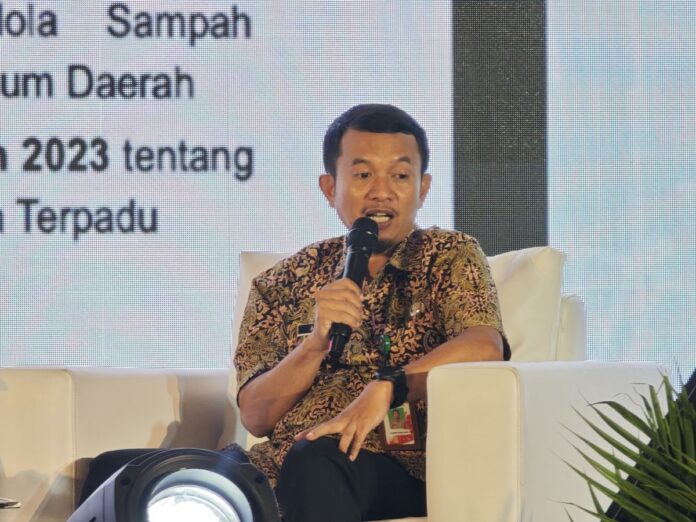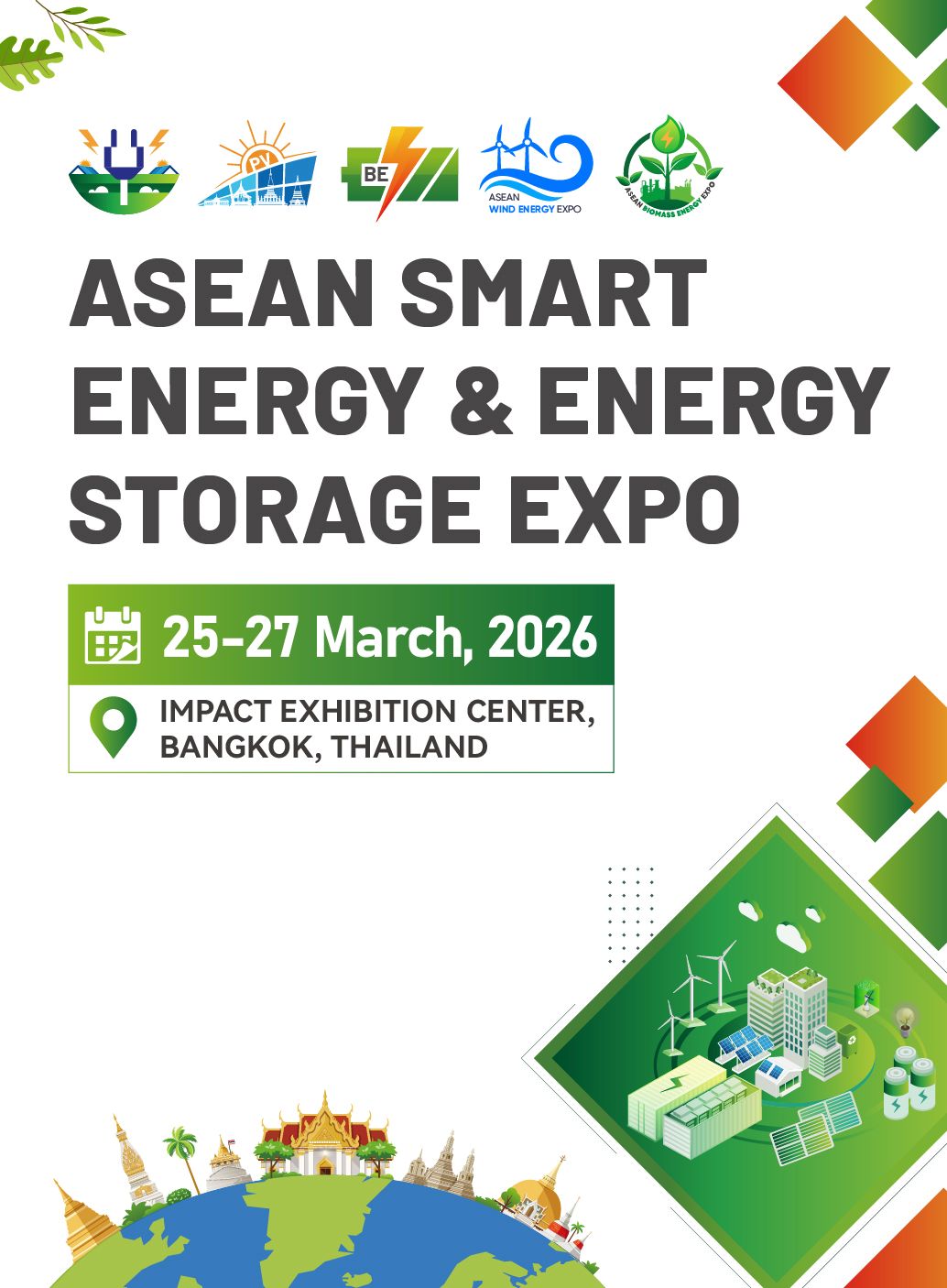Ecobiz.asia – Jakarta is stepping up efforts to build a more sustainable waste management system, expanding infrastructure and finalizing its roadmap toward a zero-waste-to-landfill vision by 2029. The plan aims to cut the capital’s reliance on landfills and boost local waste processing capacity across all levels.
Adib Awaludin, Head of Waste Reduction at the Jakarta Environmental Agency (DLH DKI Jakarta), said the city is implementing a three-tier strategy covering upstream, midstream, and downstream management.
“Our approach starts from the source — raising public awareness on waste reduction, strengthening local processing facilities, and improving landfill efficiency,” Adib said during the Multi-Stakeholder Dialogue on Plastic, Climate and Biodiversity Nexus Forum hosted by Ministry of Environment and WWF Indonesia, Tuesday (Oct. 28, 2025)
At the upstream level, DLH focuses on behavioral change through its “Kurangi, Pilah, Olah” (Reduce, Sort, Process) campaign, shifting from the old mindset of merely disposing waste properly to minimizing it at the source. The city has also established 362 maggot houses that process organic waste using bioconversion technology.
In the midstream phase, Jakarta operates 22 TPS 3R (Reduce, Reuse, Recycle) facilities, with several more under development. It also manages a Water Body Waste Management Unit (UPSBA) tasked with cleaning rivers, reservoirs, and canals to prevent plastic pollution from entering the sea. “We apply the Zero In, Zero Out principle — preventing waste from entering waterways and ensuring none escapes to the ocean,” Adib said.
At the downstream level, the Bantar Gebang Integrated Waste Management Unit — now managed as a regional public service agency (BLUD) — is being upgraded with new facilities, including Refuse-Derived Fuel (RDF) plants capable of processing up to 2,000 tons of waste per day.
DLH is also collaborating with state utility PLN to produce solid alternative fuel (BPJP) for industrial boilers. A pilot waste-to-energy (PLTSA) plant, developed with the National Research and Innovation Agency (BRIN), is already operating with a capacity of 100 tons per day.
Adib added that Jakarta’s 2024–2029 Waste Management Roadmap provides a clear framework based on baseline data, defined roles, and cross-sector collaboration.
WWF Indonesia, he noted, has been a key partner in designing the roadmap, conducting feasibility studies, and piloting community-based waste programs in North Jakarta.
“With shared responsibility between government, business, and the public, we are building a circular waste system where reduction, reuse, and recycling happen before waste reaches the landfill,” Adib said. “Our goal is simple — zero waste to landfill by 2029.” ***





